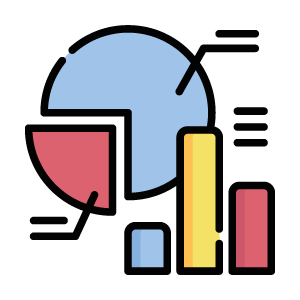Statistics is an essential component of data science, as it provides the tools and methods needed to extract insights and make predictions from data. However, the amount of statistics that is required to start data science can vary depending on the specific tasks and applications.
A basic understanding of statistics is necessary for anyone starting in data science. This includes concepts such as probability distributions, descriptive statistics, and statistical inference. Knowledge of these concepts is necessary to understand the basic principles of data analysis, such as summarizing data, comparing groups, and making inferences about population parameters based on sample statistics.
In addition to basic statistics, data scientists also need to have a solid understanding of probability theory and statistical modeling. Probability theory provides the foundation for understanding randomness and uncertainty in data, while statistical modeling provides the tools for making predictions and understanding the relationships between variables.
Data scientists also need to have a good understanding of statistical methods such as linear regression, logistic regression, and ANOVA. These methods are used to model the relationship between variables, and they are essential for understanding how different factors impact the outcome of interest.
Lastly, data scientists should also have a good understanding of machine learning algorithms. Machine learning algorithms such as decision trees, random forests, and neural networks, are powerful tools for making predictions and identifying patterns in data.
In conclusion, statistics is an essential component of data science and it provides the tools and methods needed to extract insights and make predictions from data. A basic understanding of statistics, probability theory, statistical modeling, and machine learning is needed to start data science. However, the depth of knowledge required in each area can vary depending on the specific tasks and applications. As a data scientist, it’s important to continuously learn and improve your statistical knowledge and skills, as the field is constantly evolving and new methods are always emerging.

